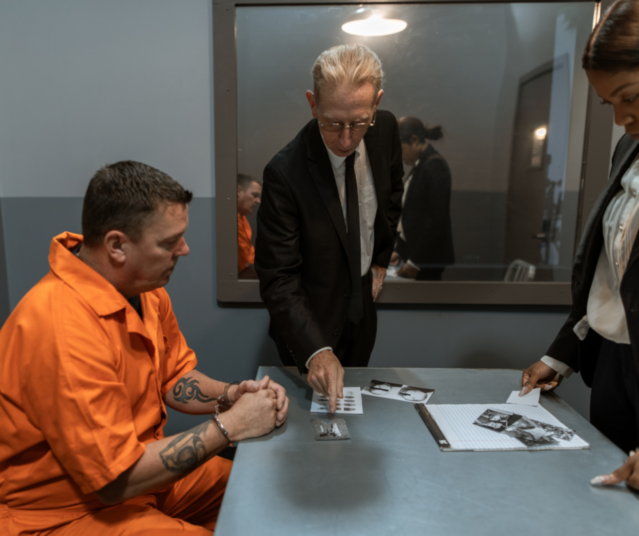
Why Do Criminal Lawyers Advise People Not To Be Interviewed?
Anyone who’s received advice from a criminal lawyer before being charged has probably been advised not to take part in a police interview. But why is that advice usually given, particularly when someone insists they’ve got nothing to hide?
1. Right to Silence
The starting point is the right to silence. Except in a few situations, police interviews are entirely voluntary. You have a right to refuse an interview. Importantly, a court cannot later take into account your refusal to take part in an interview as evidence you have done something wrong.
There are exceptions, including when a special caution is issued. But in most cases, the right to silence prevails. Not being interviewed cannot be used against you.
2. Why Not Give an Explanation Early?
If you maintain you haven’t committed an offence, why shouldn’t you tell police what occurred early and hopefully avoid any charges. And there will be cases where that is appropriate.
However in the vast majority of cases, by the time police offer you an interview, you are a suspected person and they have probably already decided to proceed with charges. In that case, your denials to police will make no difference to charges being laid.
Alternatively, police might have decided the evidence they have gathered is not sufficient for charges, but interviewing you might lead to an admission, or corroborate something said by the complainant. In those circumstances, giving an interview could result in charges being laid when they otherwise wouldn’t have been.
3. Later Problems with an Interview in Court
Sometimes, a good interview early can have a positive effect at trial. It might mean you don’t have to give evidence, or it can be seen as an early voluntary denial. However, those cases are hard to predict early on.
Importantly, an interview can lock you into a version early. Not just an early version, but a version given without reference to any of the evidence, without any real notice of the allegations, and given in a stressful and difficult environment. In those circumstances, it’s not surprising people don’t often give their best and clearest version of events.
If you then later give evidence in court, after you’ve had time to consider what occurred and review the evidence, your court evidence may be slightly different to the account given at interview. Sometimes the two versions can be significantly different, even though you did your best to honestly recall what happened during the interview and then later at trial. Memory works in different and complex ways. Having two different versions before a court and jury can be incredibly damaging.
No Simple Rule
There is no black and white rule to giving an interview. There will be occasions when giving an interview is advised or ends up positively later in court. But in our experience, those occasions are rare. The best course of action is for you to seek advice from a lawyer early, and absolutely before you take part in an interview.
If you have been asked to provide a police interview, call Streeton Lawyers on (02) 9025 9888 for a free consultation.
Image by RODNAE Productions